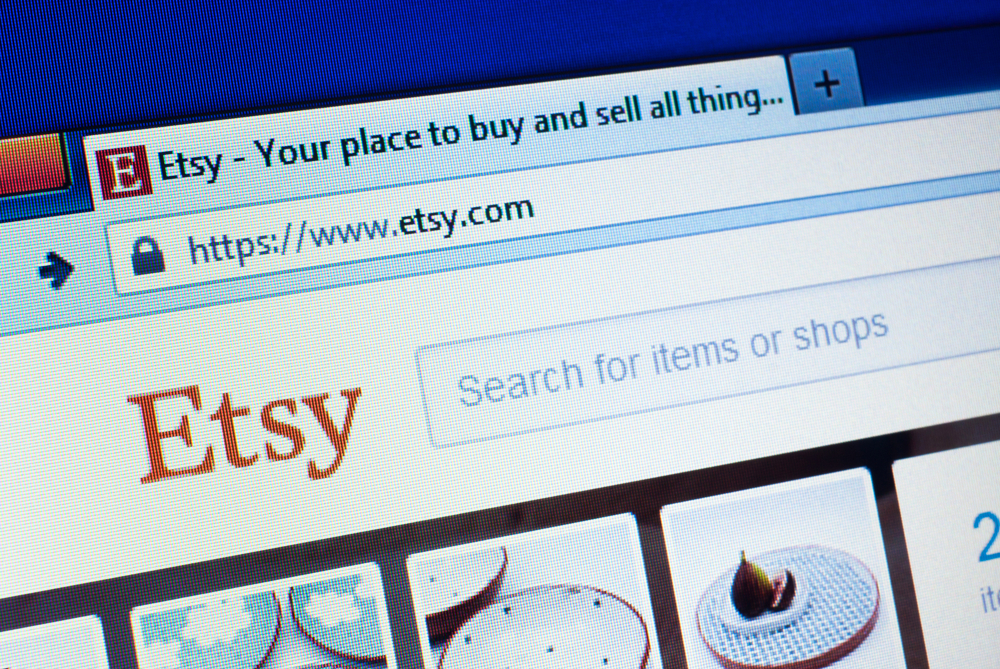Although the ability to sell products online has of course had a major impact on retail, the standard online e-commerce model is in reality rather limiting in terms of growth. Any one organisation can only store a finite number of products and logistically can only distribute a certain number too.
That’s why online marketplaces have become so popular – they allow a retailer of any type to offer increased product choice, competitive prices and superior customer experience, without the restraints of inventory and logistics.
The marketplace is a business model that not only helps drive commerce but offers a greater scope for expansion combined with higher profit growth and lower risk.
It also helps to better serve customers in an innovative way and put them at the core of business. Customer service has never been so important in retail, with consumers ready and willing to go elsewhere if standards are not met.
An online marketplace allows an organisation to offer improved customer service, providing choice and competitive pricing.
What makes a successful online marketplace?
A successful marketplace must always be based on a win-win-win model: the customer has more product choice, competitive pricing and better service; the third-party sellers have a lucrative new sales channel; and the operator has increased traffic, sales and profits.
> See also: How will online retailers harness the data potential of the digital single market?
If all parties are satisfied, then that is a successful marketplace. How to achieve this is another matter though, and requires a combination of technology, commerce and marketing. An online marketplace is a complex eco-system and simply cannot succeed without a robust and scalable technology platform behind it.
The same is true of the right commercial proposition; a marketplace needs the right sellers and must be able to scale quickly and effectively, with easy on-boarding of new sellers.
Finally, the importance of marketing an online marketplace cannot be under-estimated. Customers must be made aware of it and what it can offer them.
Marketplaces and omni-channel commerce
Marketplaces allow the operator to drastically increase the products it offers, and this can be extended to physical stores too. So if a product works particularly well in the marketplace, then it could easily also be offered as a physical product in-store.
Likewise, using a marketplace to encourage customers to the store with Click & Collect-type initiatives is a powerful way of increasing footfall.
This provides consumers with the ability to experience shopping in different environments through different channels, and benefit from the best prices, a large product choice and a superior service.
Marketplaces – evolution or revolution in e-commerce?
Online marketplaces are in actual fact, part revolution and part evolution. It’s a revolution, as the online marketplace model is affecting and transforming the entire retail sector and is one of the most disruptive forces in e-commerce. It is also among the most successful, allowing the operator to increase the volume of products offered and to increase e-commerce revenues.
It’s a model that best suits the demands of modern shoppers. Consumers are more empowered now than at any other time in history, with more choice and options than once would have been thought possible. An online marketplace allows an operator to meet these changing demands.
> See also: 5 critical requirements for surviving and thriving in e-commerce today
The marketplace model is also an evolution of some of the core principals of retailing. Until recently, a common belief of click and mortar retailers or pure players was that setting up an online marketplace would weaken their brand identity and affect the legibility of their offering.
Today with the numerous online marketplaces that have turned into powerful success stories, companies realise that launching an online marketplace is in fact a way to reinforce their product range and strengthen their reputation, whether they are a niche player or a global retailer.
And selecting a solid and proven platform is the one key element to launching a successful marketplace.
Sourced from Adrien Nussenbaum, Mirakl










